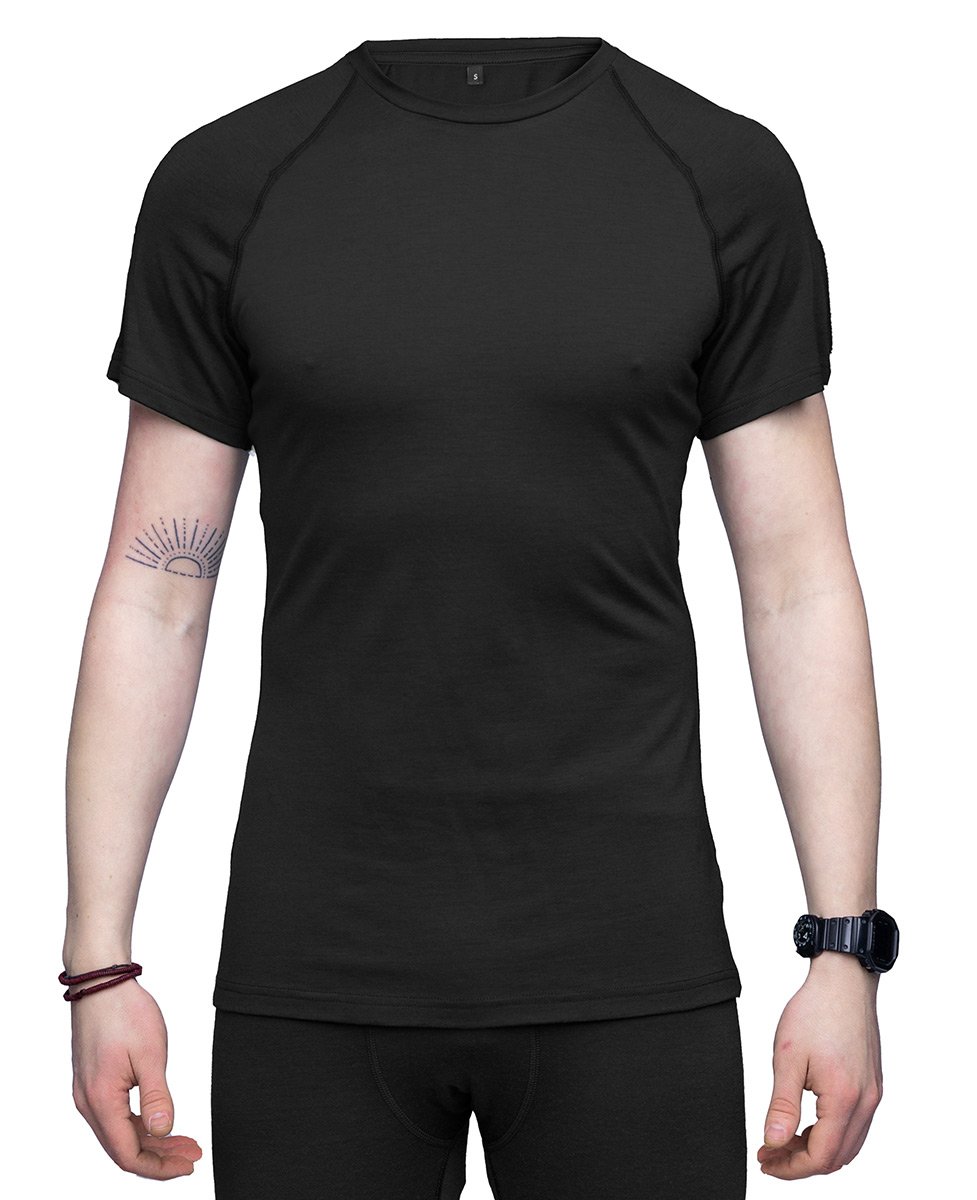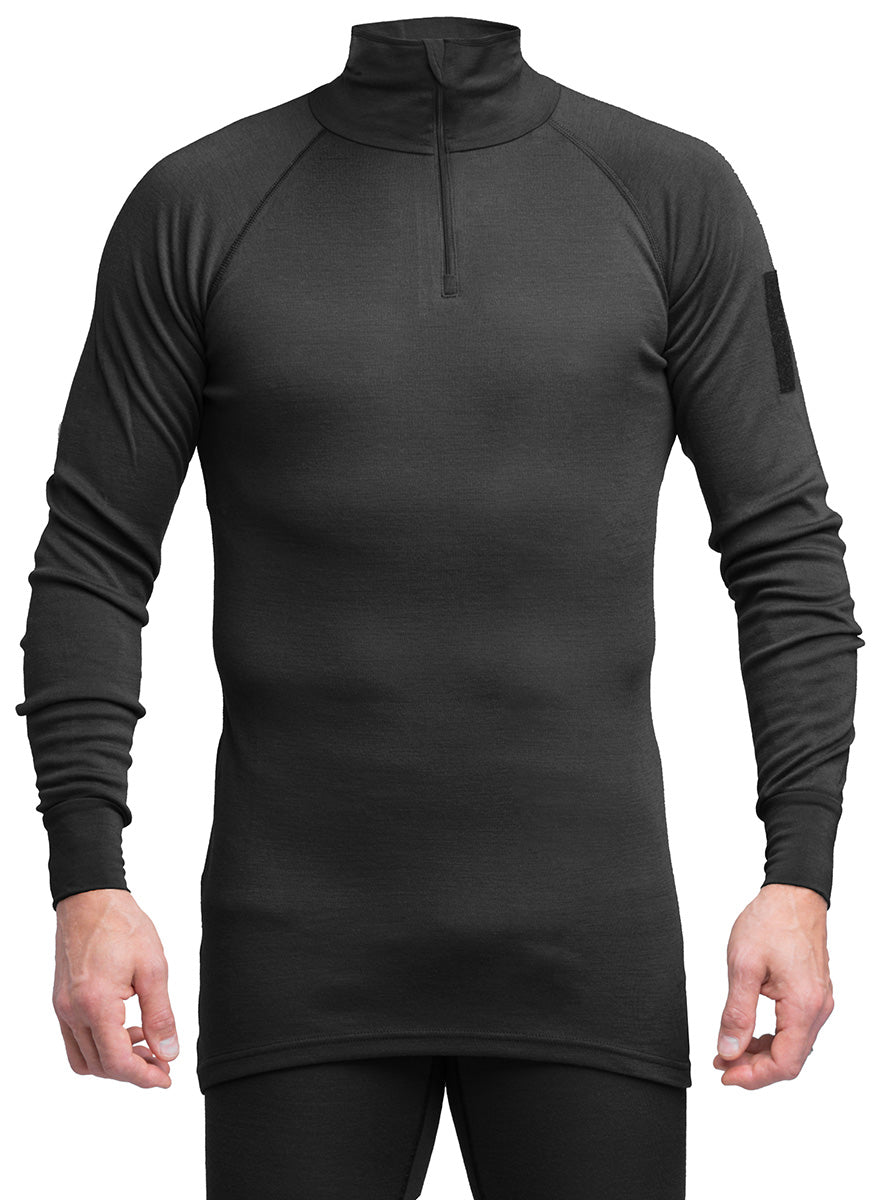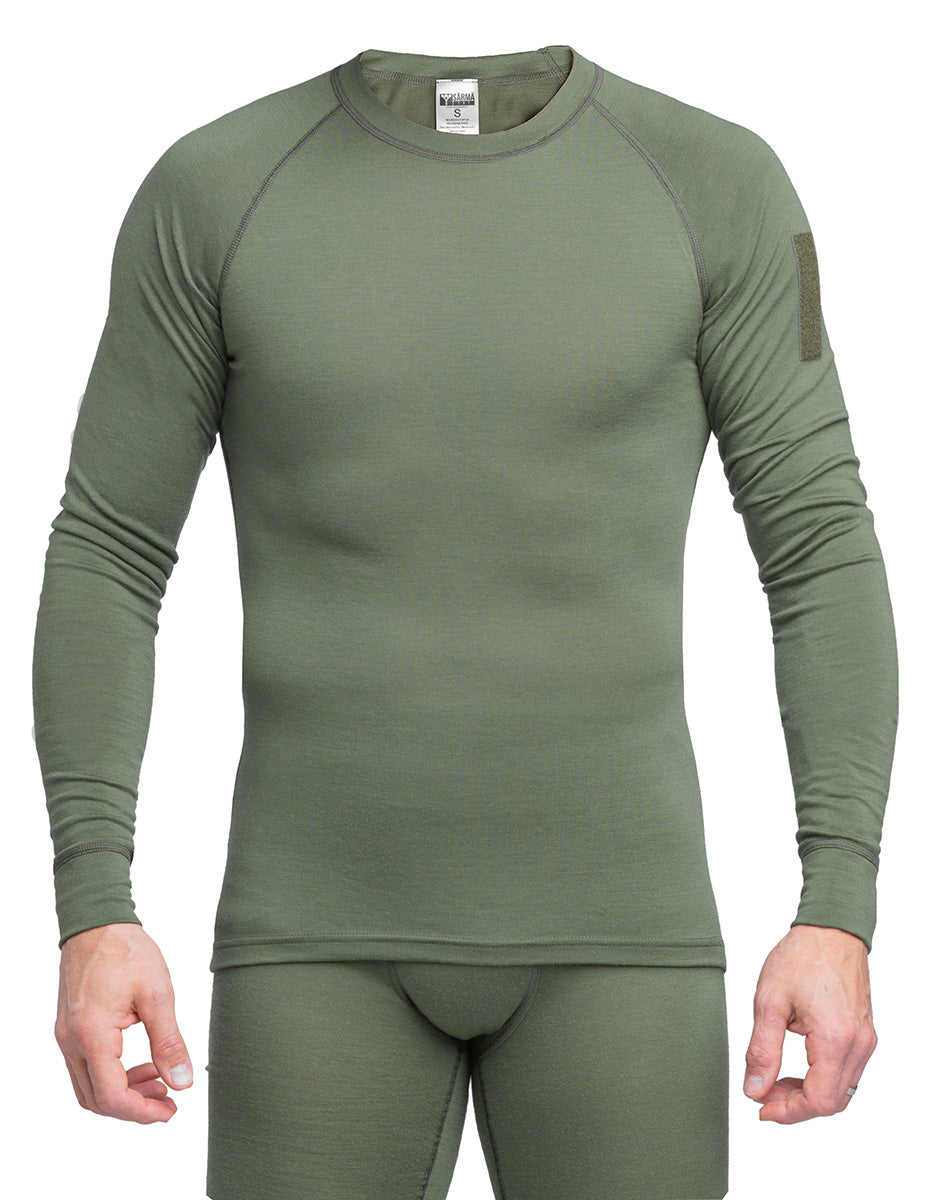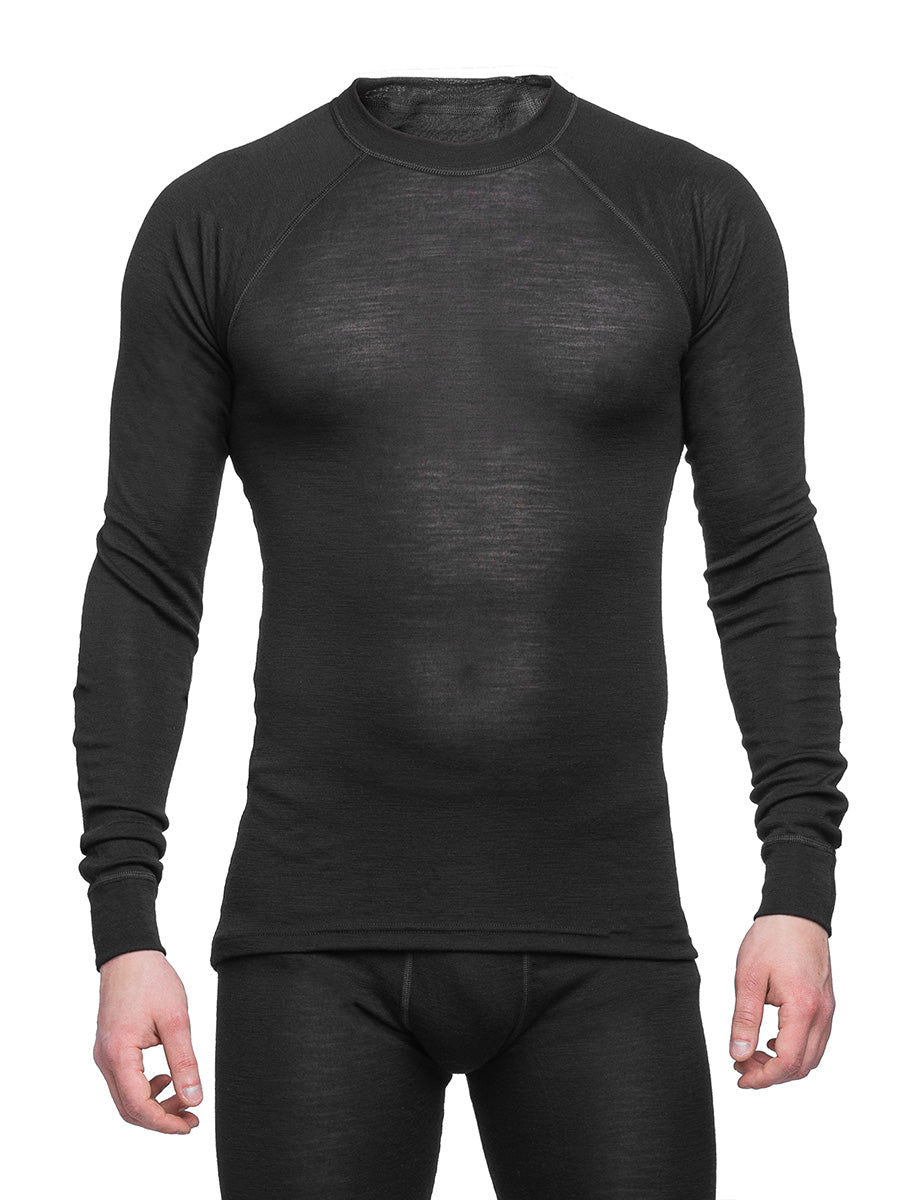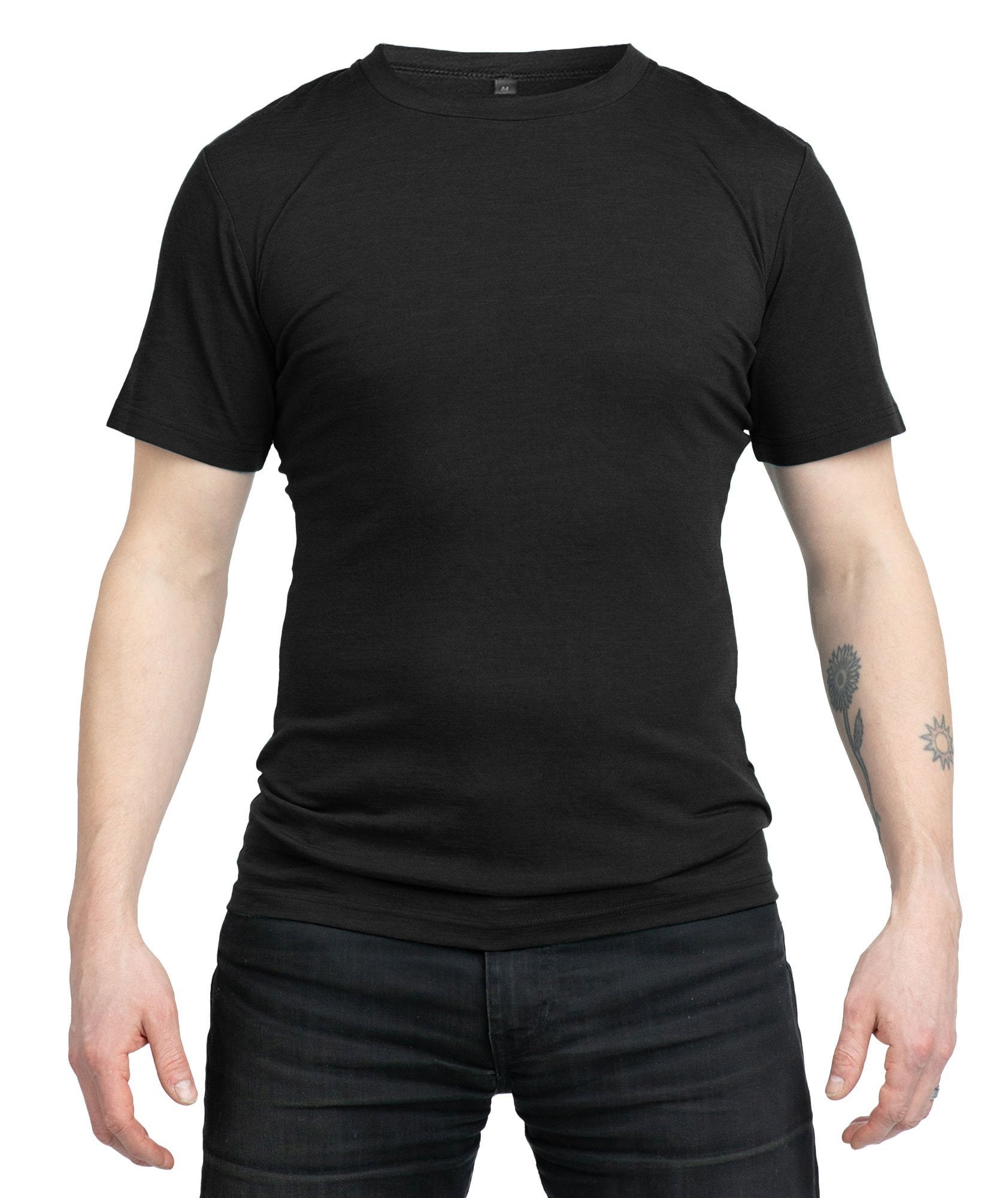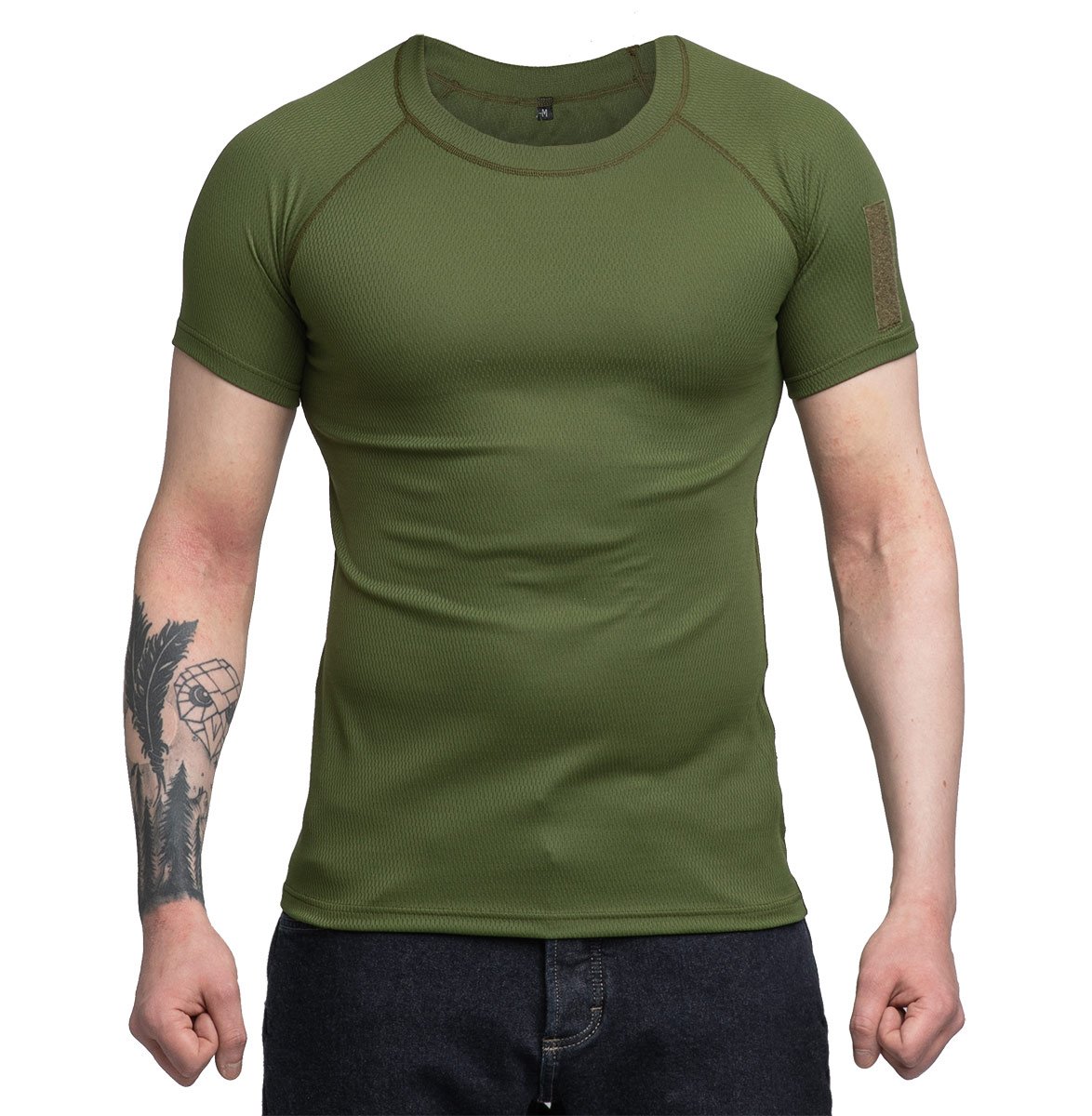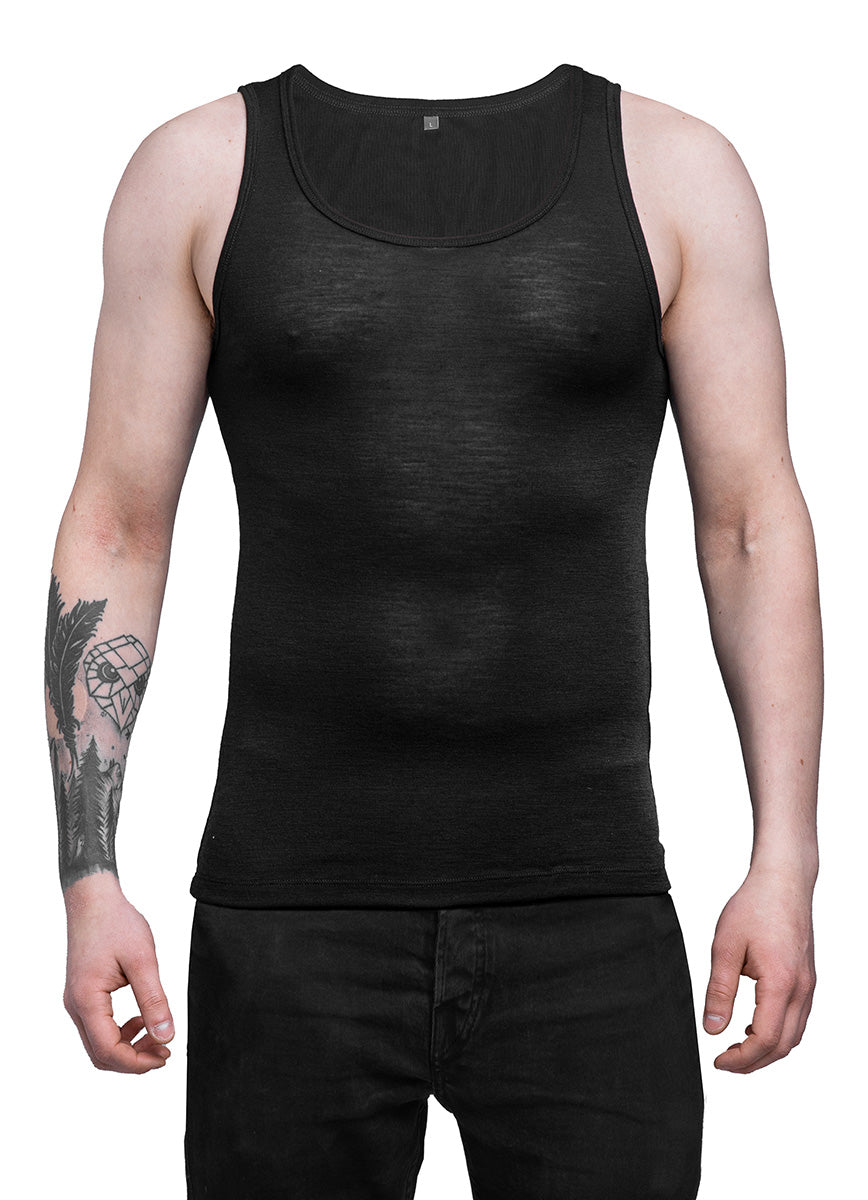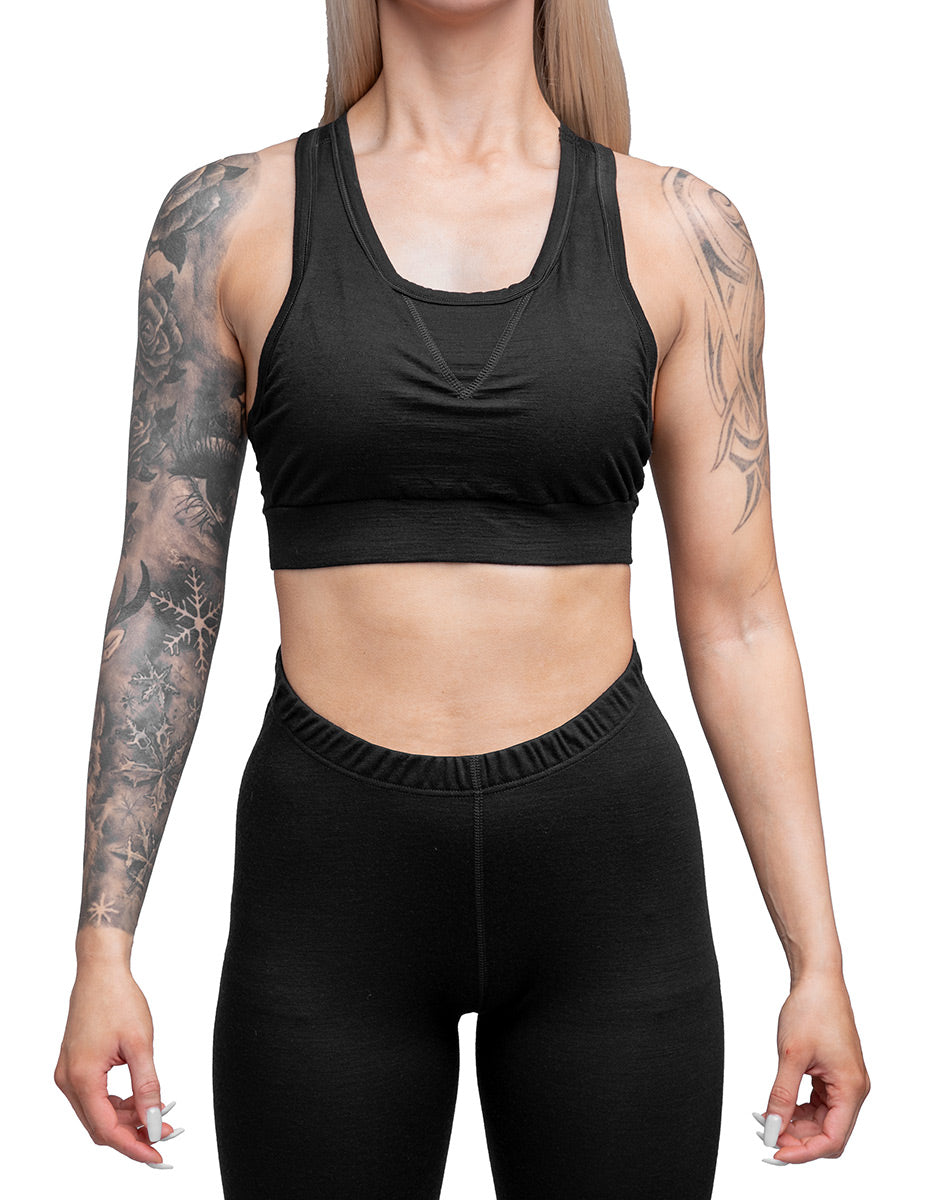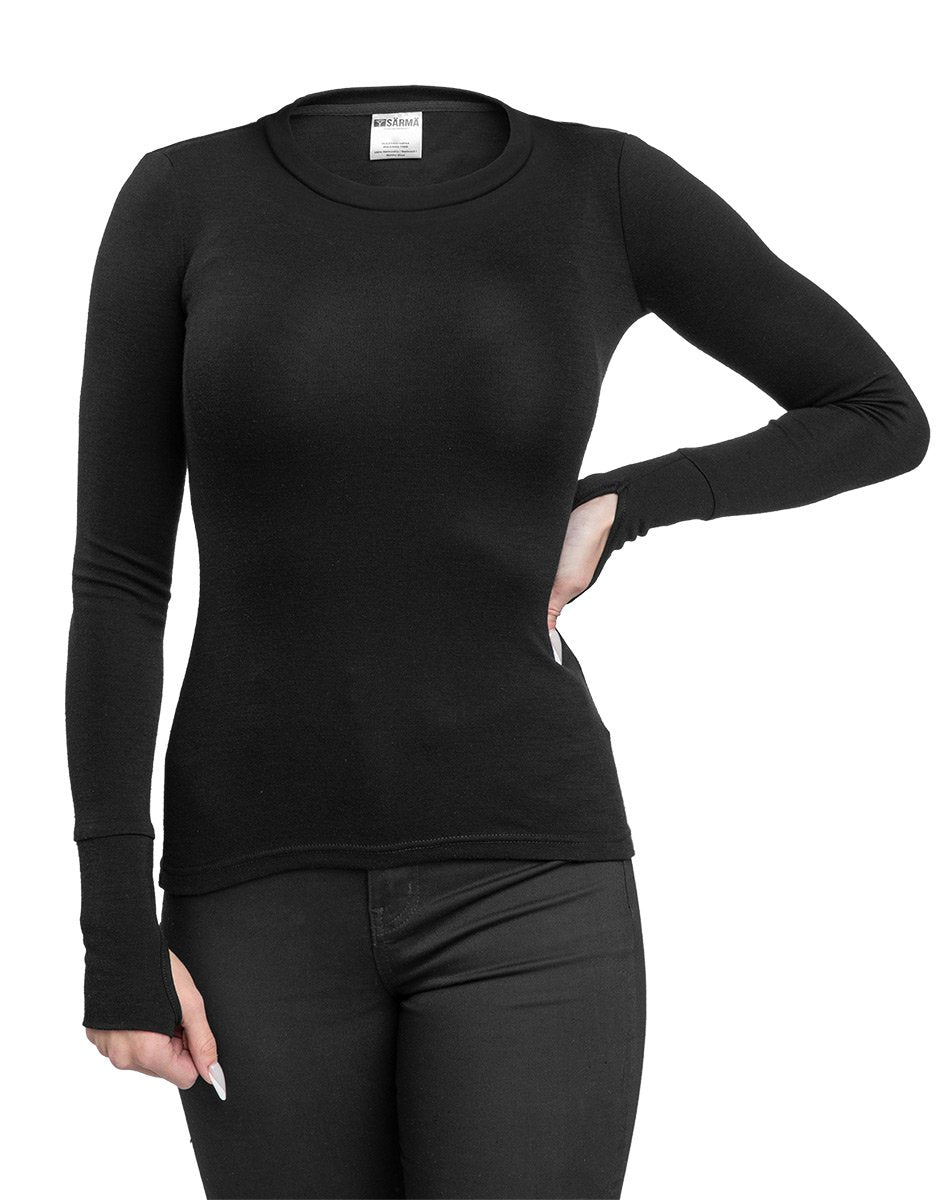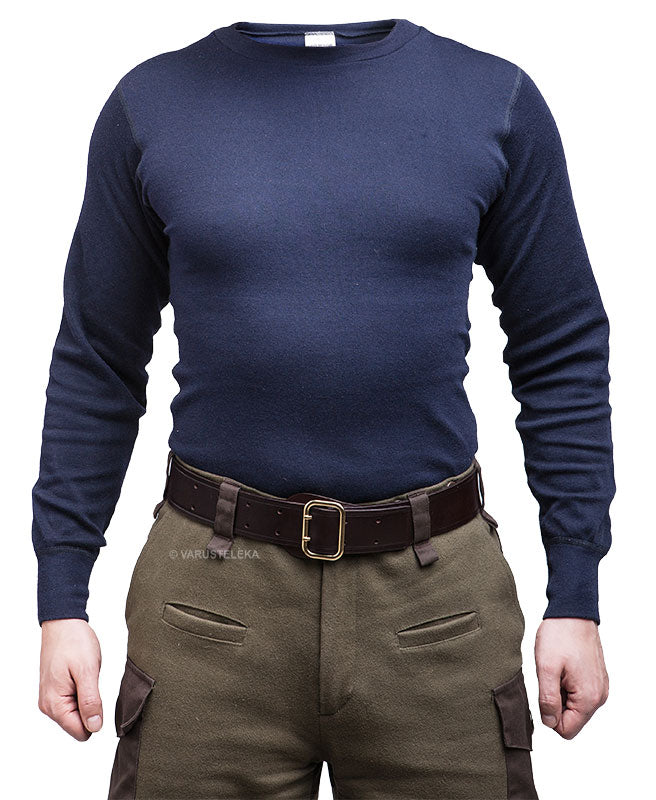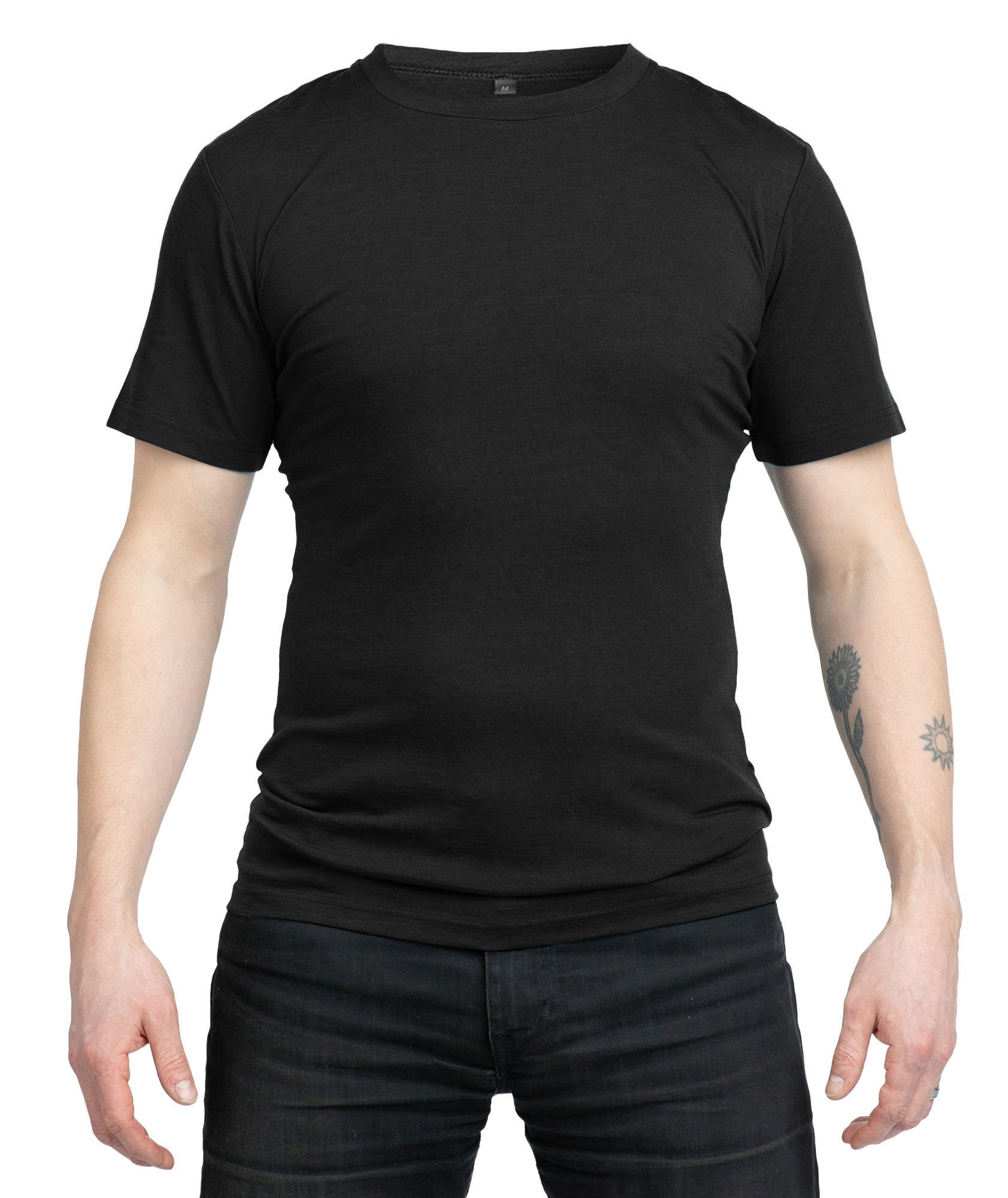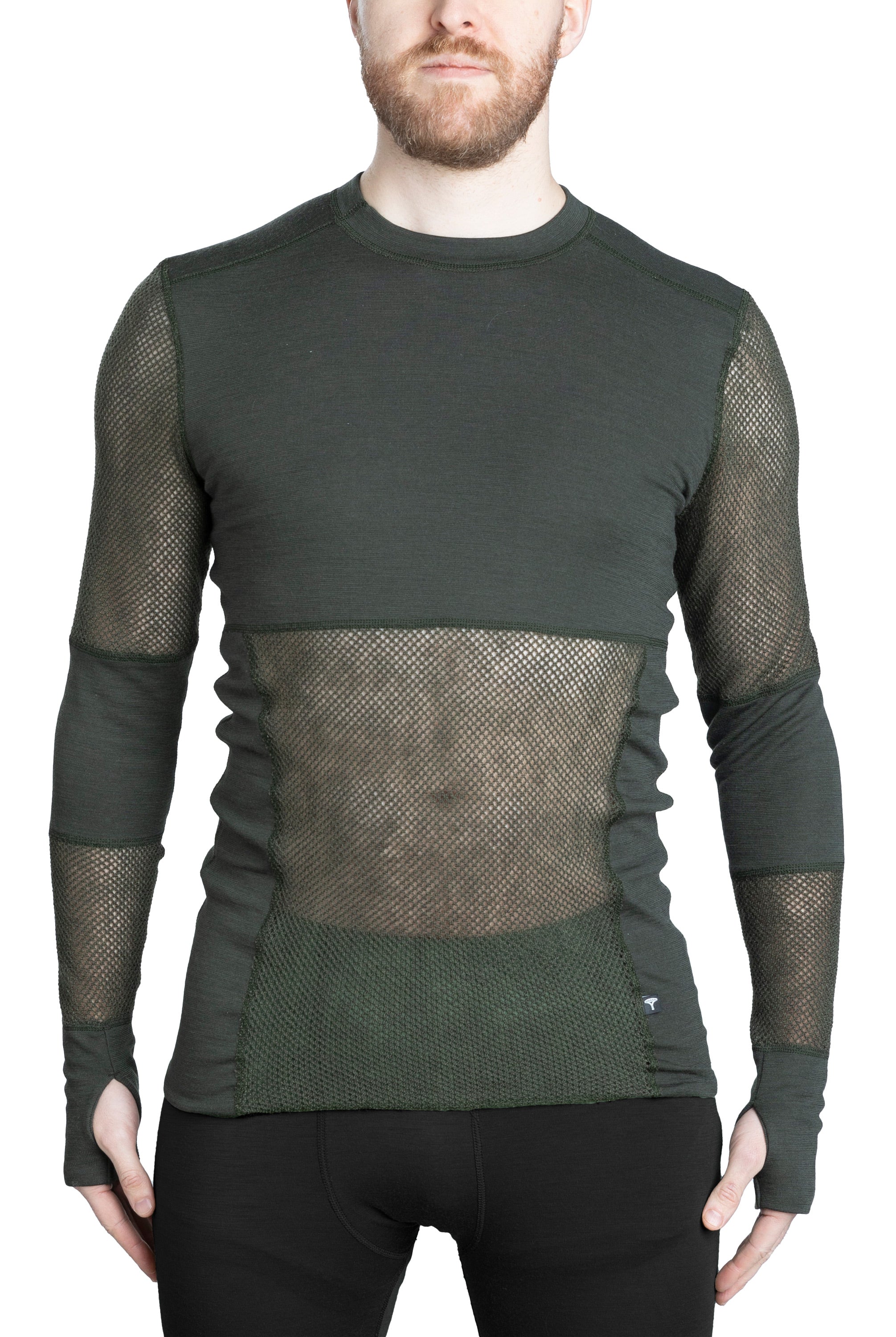

Varusteleka SHITFAK T-Shirt, Cotton
- Over 20 in stock – 90% of orders are shipped during the next business day. – Place an order before the product is out of stock. – Subscribe to a Back in stock notification.
Measurements
Technical details and instructions
Description
Our tactical first aid kit has such a cool name that we just had to make a shirt out of it. When troubles come knocking, and eventually they always do, this T-shirt will comfort you with its gnarliness. Purchasing the first aid kit will give you more than comfort. Grab the whole set!
Additional Info
The easy-to-remember name SHITFAK is derived from Shooter’s Individual Tactical First Aid Kit, which is a first aid kit that we also sell. It includes all the essential items for stopping massive bleeding in field conditions and is made with law enforcement and military personnel in mind. This shirt does not include any medical supplies and is made for everyone. If you suspect you might need a first aid kit like ours, you can check it out here.
Manufacturer Pure Waste Textiles
The manufacturer is Pure Waste Textiles, based in Helsinki, Finland. These shirts are made in Tiruppur, India, from recycled materials. This saves, for example, 99% of the water that would be required to grow new cotton. Additionally, carbon dioxide emissions are about 50% lower when using recycled materials.

